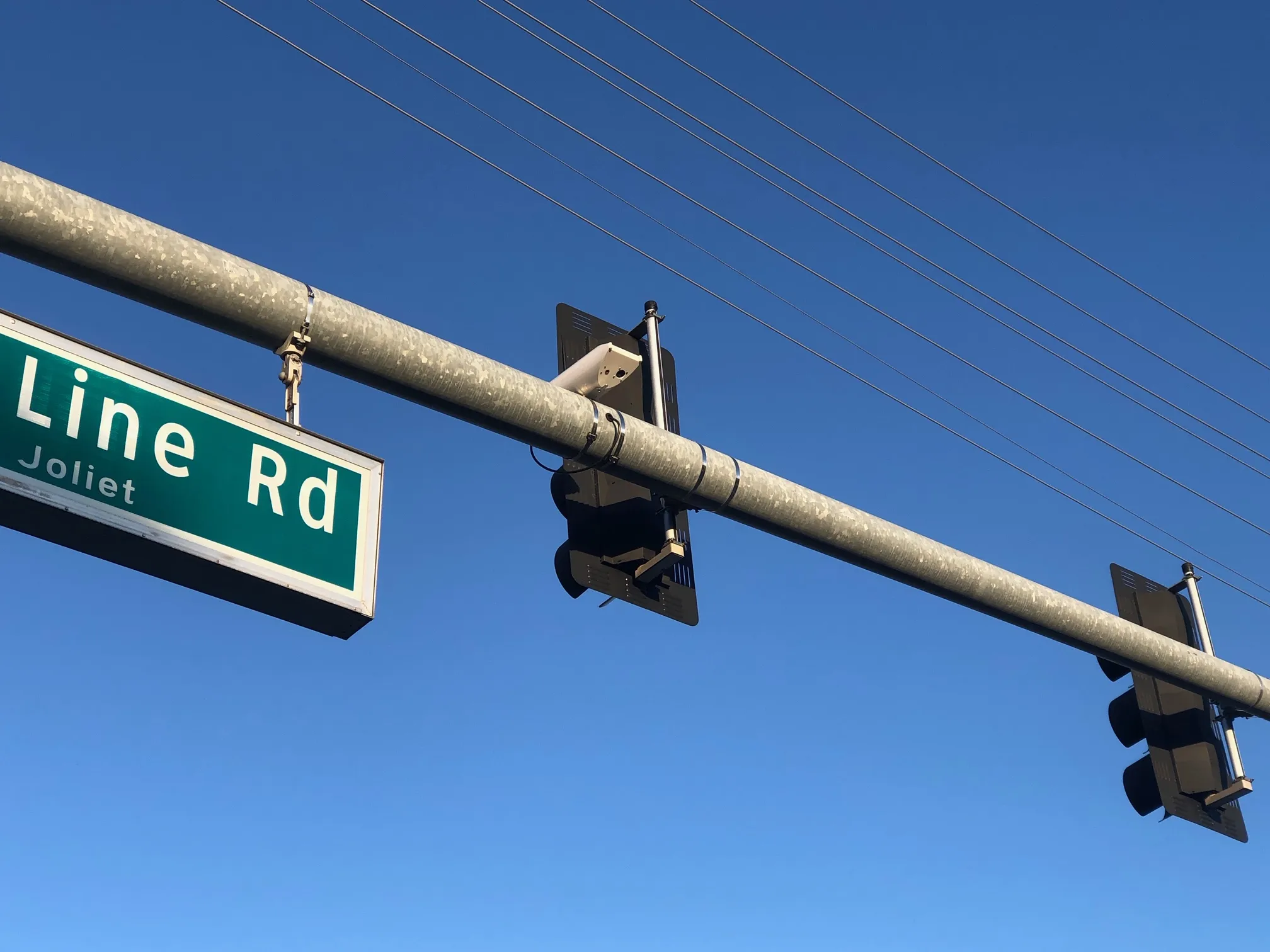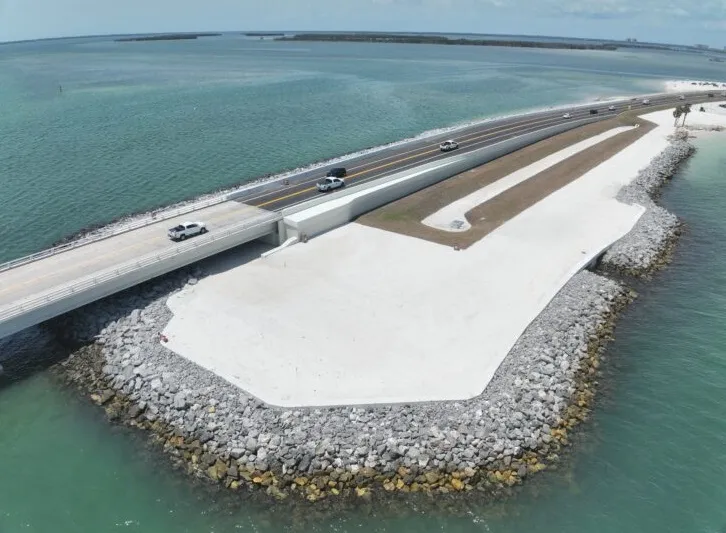“Five years ago, it would have been practically unthinkable to depose loop-base technology, so to reach this landmark is testament to the hard work of our team and the work they have done to deliver lasting trusting relationships with our customers,” says Nick Lanigan, managing director of Clearview Traffic Group.
The M100 wireless magnetometer range together with the M120 contact closure card is currently the only fully type approved wireless magnetometer vehicle detection solution approved to the UK
Looking to the future, Clearview Traffic says it will continue to grow the traffic signals market whilst actively working to develop additional solutions for magnetometer-based detection technology, including motorway incident detection and automatic signalling (MIDAS), ramp metering and bicycle counting.








